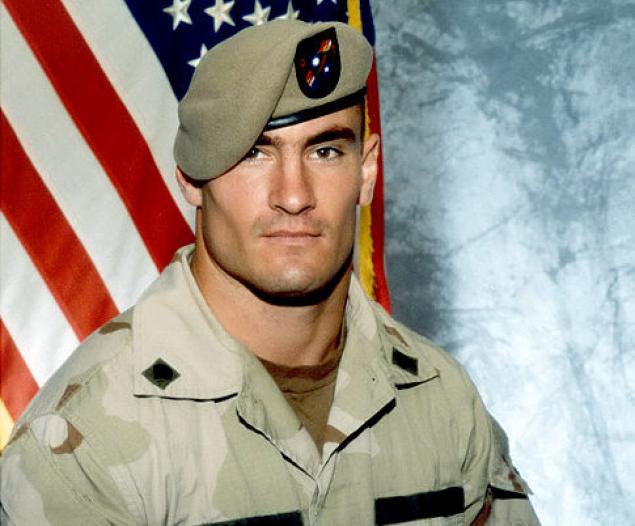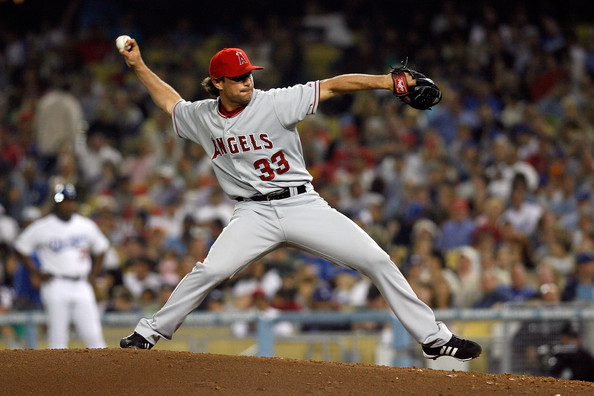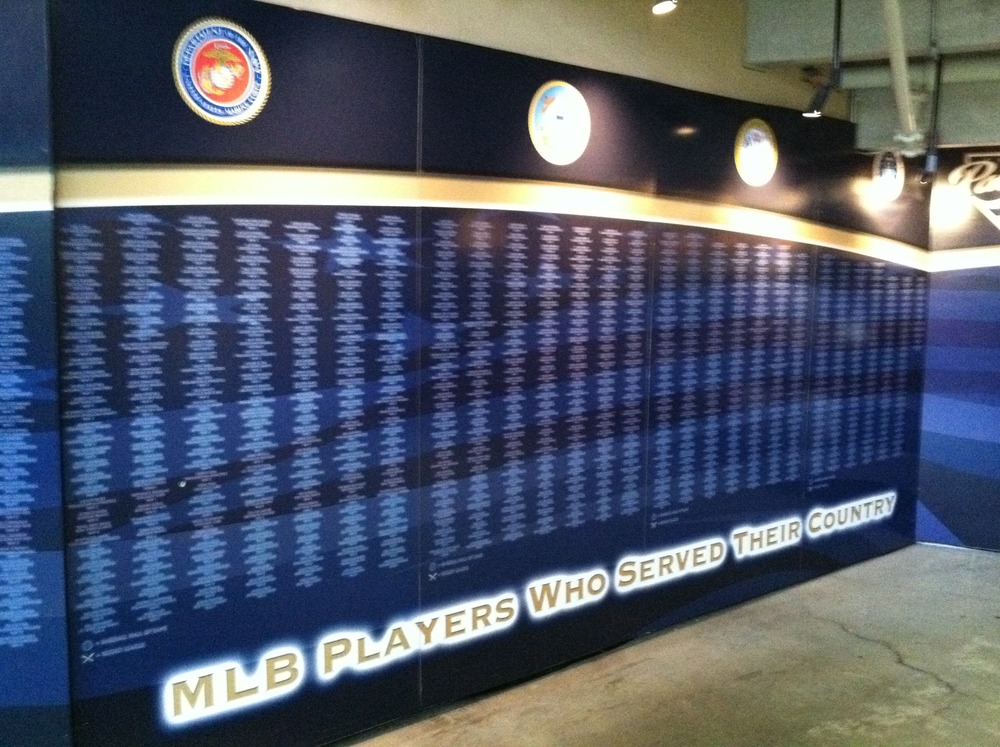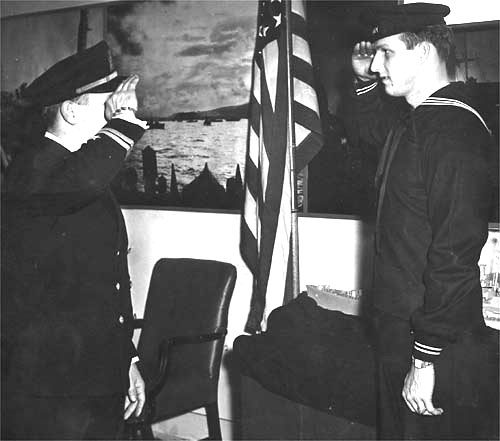If you have been paying close attention (or even slight attention) to the articles that we have posted here on ThinkBlueLA over the past two months about several former Brooklyn Dodger greats (and even a few non-Dodger greats), you have noticed that almost all of them had something in common. Almost to the man, nearly all of these baseball legends interrupted their promising careers to serve in the military.
When you look at those who served our country, the list is in not only rather lengthy, but it is a who’s who of some of the greatest Dodgers in franchise history, such as Jackie Robinson, Zack Wheat, Duke Snider, Don Newcombe, Gil Hodges, Carl Erskine, Pee Wee Reese, Carl Furillo, Clem Labine, Pete Reiser, Branch Rickey, Leo Durocher, Tommy Lasorda, Buzzie Bavasi, Rick Monday and many others. Some of the more notable non-Dodger greats who interrupted their playing careers to serve include Ted Williams (twice), the late Stan Musial, Bob Feller, Larry Doby, Hank Greenberg, Yogi Berra, to name only a handful – and this doesn’t even touch on the thousands of minor leaguers who served as well.
So how come there aren’t any current major or minor leaguers serving in the military? I mean after all, the U.S. (and allied forces) are currently involved in two separate wars, right?
The answer to this question is very simple – because they don’t have to.
Although current federal law requires that every male U.S. citizen must register with the Selective Service System within 30 days of their 18th birthday, there is no conscription; or in layman’s terms, there is no draft – and there hasn’t been since 1973. Instead, the United States has an “All-Volunteer Force” (AVF). And though the financial burden of the AVF is currently under very close scrutiny by President Obama and Congress, it is (for the time being, at least) still in place.

Every American is familiar with former Arizona Cardinals linebacker Pat Tillman, who left a very successful and lucrative NFL career and enlisted in the U.S. Army after the 9/11 attacks. Tillman was a member of the elite Army Rangers and served several tours in combat before he was tragically killed in the mountains of Afghanistan when a mission he was on went terribly awry. (AP photo).
While doing research for the aforementioned articles, I couldn’t help but wonder whether or not there have been any major leaguers who have served in the military since the draft ended which, of course, would have been well before any of them were even born (Jamie Moyer notwithstanding); so I began researching this as well. And what I found is… well, nothing. There is simply no information about any professional baseball players having been in the military since the draft ended; with one known exception – right-handed reliever Justin Speier, who joined the U.S. Marine Corps right out of high school.
After USMC boot camp, arguably the toughest basic training of all five branches of the U.S. military, Speier was assigned to the U.S. Marine Corps Reserve and allowed to pursue his baseball career. As a Marine Reserve, he was obligated to serve one weekend every month and two full weeks each summer between 1991-1995.
Speier was drafted (in baseball, that is) by the Chicago Cubs in the 55th round of the 1995 MLB First Year Player Draft and made his major league debut on May 27, 1998.

Known for his outstanding fork ball, Justin Speier appears to be the last professional baseball player to have served in the U.S. military. (Photo credit – Jeff Gross)
“Getting ready for baseball is a walk in the park compared to boot camp,” said the now 39-year Speier. “The hiking, running, push-ups, pull-ups and other physical stress that the drill instructors put you through, as well as the verbal abuse, can’t really be compared with baseball training. It’s just different. You’re preparing for two totally different things. In boot camp, you’re preparing for war. In baseball, you’re getting in shape.
“As exciting and fulfilling as it was to put on a Major League Baseball uniform, walking along that parade deck in my Marine uniform gave me a greater sense of accomplishment because I felt like I went though something a lot tougher. That made it a little bit more special. There was that sense of pride, of history and of pride in my country,” Speier adds.
Although Speier is still technically considered a free agent, he hasn’t pitched in the majors since 2009, the last year of his three-year/$18 million contract with the Angels and (apparently) the final year of his 12-year MLB career. Through 12 seasons, Speier’s career record is 35-33 with a career ERA of 4.11. In 675 innings pitched (all as a reliever), he walked 268 batters (37 intentionally) while striking out 588. His career WHIP is 1.249, which is pretty good. He became a free agent at the end of the 2009 season; and though he signed a minor league contract with the Rockies in 2010, he never made it back to the Bigs and was released from the team.
Justin is the son Chris Speier, who also has a very good career in the major leagues as a player and a coach. And while Justin thoroughly enjoyed and is very proud of his MLB career, it is actually his military experience that he is most proud of.
“I play Major League Baseball and there are not too many people who can say that,” says Speier. “But when I walked across that parade deck and graduated a United States Marine… I felt more pride than I did when I made it to the Bigs.
“There are some similarities between the Marine Corps and being a Major League Baseball player,” he adds. “They’re very similar in that you’re part of a team and the chemistry that goes along with it. The camaraderie, the teamwork and the friendships that you develop are similar. You talk, joke around and even pull pranks on your buddies in the Marines and in baseball.”
Speier has tremendous respect and gratitude for the men and women who serve our country.
“Any time I come across someone who has served or is serving our country, I always stop to shake his or her hand,” Speier says. “It’s their sacrifices that allow people like me to play baseball for a living and sleep peacefully at night. I have an immense amount of respect for those who have served our country. I cherish the time I spent in the Marine Corps and I put that experience to good use in my life every day.”

Petco Park in San Diego has a wall honoring every MLB player who served in the military.
(Photo courtesy of gaslampball.com)
By all accounts and unless I am missing somebody (and I very well may be and I mean absolutely no disrespect and apologize in advance if I am), it appears that Justin Speier is the last professional baseball player to have served in the military, and for that I sincerely thank him.
One thing is for certain – Justin Speier is definitely among some very esteemed company.




 January 26th, 2013 at 7:25 am
January 26th, 2013 at 7:25 am  by Ron Cervenka
by Ron Cervenka 
 Posted in
Posted in 

It is amazing how many major league baseball players served in the military service and then resumed their baseball careers. I expect many were not drafted as such but enlisted, Bob Feller reputed to be the first to enlist after Pearl Harbor.
I watched Justin Speier’s father Chris play with the Expos.
“I expect many were not drafted as such but enlisted…”
Actually, those who enlisted prior to being drafted did so with hopes of having a better choice of assignment, much like what happened during the Viet Nam war. Generally, those drafted were the basic foot soldiers or “grunts” as they were called. Those who enlisted got to choose not only the branch of service that they wanted to serve in, but in many cases a specific or specialized field. Young men were not drafted to become pilots, etc.
In 1940 and with every indication that U.S. would soon enter WW-II, President Roosevelt enacted the Selective Training and Service Act (STSA) requiring all American males between twenty-one and thirty-six years of age to register for the draft – including major league baseball players. At the time (and as you noted over on the forum), those who chose to enlist at this time only had to serve for one year. That, of course, quickly changed on December 7, 1941 when the draft went into effect and the service time increased to “the duration of the war and six months.” Those unlucky individuals who enlisted in 1940 after the STSA went into effect got screwed and saw more service time than those drafted after Pearl Harbor was attacked (as you also noted).
I still believe that the overall attitude of patriotism and sense of country today is vastly different from what it was “in the day.” That said, I am so very very grateful to all who have served our country (then and now) and I pray for those currently serving every single day.
[…] and the man could not even speak English. About a year or so ago ThinkBlueLA did a piece called Baseball without the Draft that you might also enjoy reading. It has a cool picture of Hall of Famer Stan Musial in a Navy […]